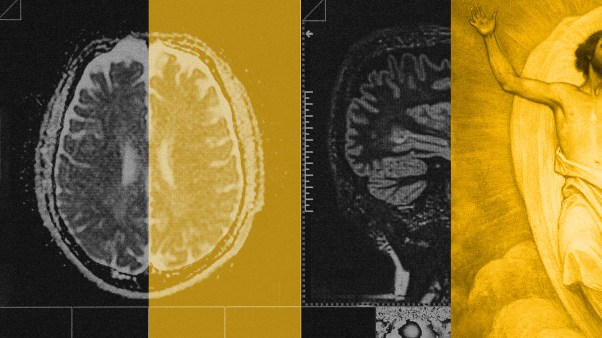Institute for Bible Translation (IBT) Director Borislav Arapovic of Stockholm was banned by the government of the Soviet Union for 15 years for trying to bring Scripture to underground Christians. In April, the Soviet Academy of Science awarded him an honorary degree for his work at translating the Bible to non-Slavic-speaking peoples in the former Soviet Union.
“The communists in Russia are becoming the best ally of Christians,” contends Arapovic, 62. “The Islamic wave from the south is being held back by the atheistic, communist infrastructure.”
The Stockholm-based Institute for Bible Translation (IBT) is focusing on 76 long-ignored non-Slavic peoples in the former Soviet bloc, which includes 60 million Muslims.
Since the collapse of communism six years ago, several Bible translation groups have rushed to provide Scriptures to the 200 million people who speak the Slavic languages of Russian, Ukrainian, and Belorussian in the former Soviet Union.
Founded in 1973, IBT has completed Bible translation for non-Slavic Armenian, Tajik, Georgian, and Moldavian peoples. New Testaments have been translated for ten other groups, including the largest, Uzbeks, with an additional ten slated to be finished by 2000.
It has been an ironic journey for Arapovic, who was banned from the Soviet Union for 15 years after being caught by the kgb in 1971 trying to contact unregistered churches. Now IBT Scripture translations are printed in Moscow, and all 200 translators speak Russian. “We work slowly, but thoroughly, because we are dealing with the Word of God,” says Arapovic, a Croatian native orphaned at age 6. “Most languages take ten to twenty years for the New Testament to be translated.”
Copyright © 1997 Christianity Today. Click for reprint information.









